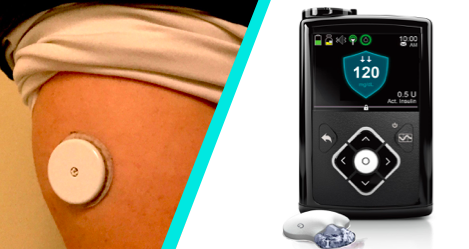The first automated insulin delivery device for type 1 diabetes has been approved by the U.S. Food and Drug Administration for people aged 14 and older.
Often called an “artificial pancreas,” the MiniMed 670G hybrid closed loop system automatically monitors blood sugar levels every five minutes and delivers insulin when needed with little or no input from the user, the FDA said in a news release.
“”This first-of-its-kind technology can provide people with type 1 diabetes greater freedom to live their lives without having to consistently and manually monitor baseline glucose levels and administer insulin,” said Dr. Jeffrey Shuren, director of the FDA’s Center for Devices and Radiological Health.
People with diabetes have an impaired ability to produce or respond to insulin, a blood sugar-regulating hormone normally produced by the pancreas. Type 1 diabetes is often diagnosed in children or young adults.
Clinical testing of the device involved 123 people with type 1 diabetes. No serious adverse reactions were reported. But risks associated with the device include high blood sugar (hyperglycemia), low blood sugar (hypoglycemia), and skin irritation near where the device’s sensor attaches to the body, the FDA said.
The product should be considered “unsafe” for use by children aged 6 or younger and for people who require fewer than eight units of insulin daily, the agency said.
As a condition of approval, manufacturer Medtronic Inc. is required to conduct a post-market study to evaluate “how the device performs in real-world settings,” the FDA said.
Medtronic, based in Dublin, Ireland, is now studying the device’s safety and effectiveness in children aged 7 to 13.

